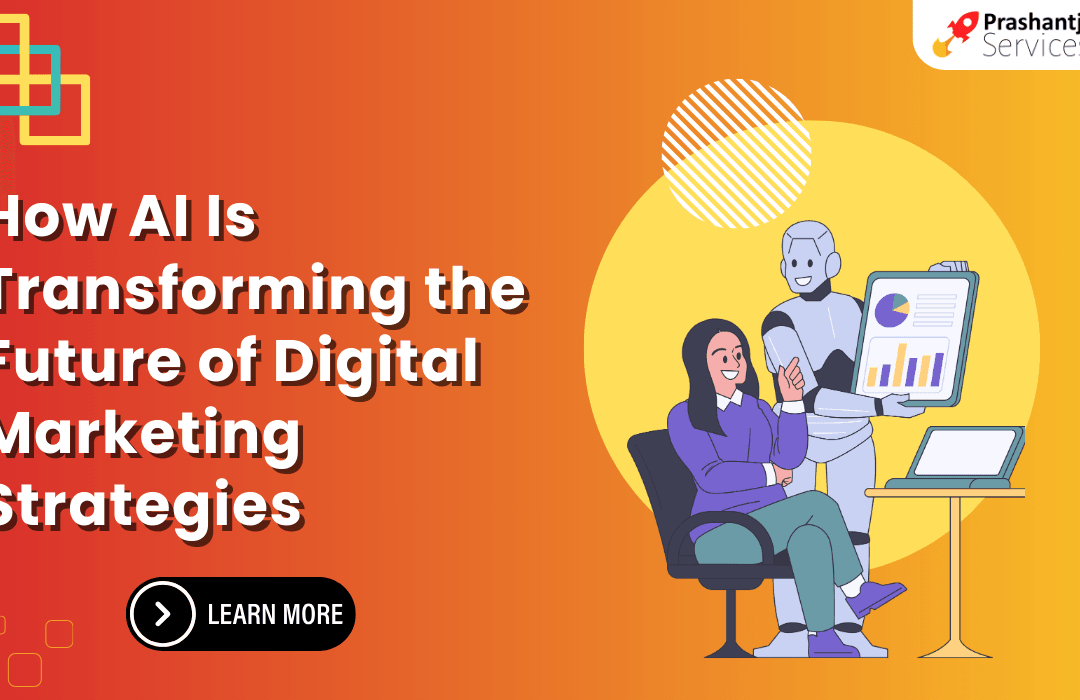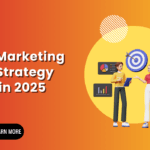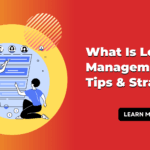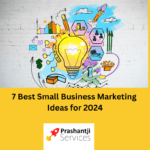Imagine a world where digital marketing isn’t just about guesswork but driven by precision, personalization, and predictive power. That’s the reality AI in digital marketing is creating today. From crafting hyper-personalized campaigns to automating time-consuming tasks, AI is transforming strategies like never before. Businesses are no longer asking if they should adopt AI but how quickly they can integrate it. With the ability to analyze massive data sets and optimize campaigns in real-time, AI tools are helping brands connect with their audience on a deeper level. Let’s look at how this revolutionary technology is influencing the future of marketing.
The Rise of AI in Digital Marketing
Artificial Intelligence (AI) is no longer just a buzzword—it’s a must-have for modern marketers. By combining data analysis, machine learning, and predictive modeling, AI in digital marketing helps brands create tailored experiences for their customers. Here’s why AI has become an essential tool for digital marketers:
- Personalization: AI analyzes customer data to deliver hyper-personalized recommendations and content.
- Efficiency: AI automates repetitive tasks, saving time and reducing human errors.
- Scalability: Advanced tools empower businesses to expand their campaigns effortlessly while maintaining top-notch quality.
The adoption of AI tools has been pivotal in driving these results. Brands using digital marketing with AI are not just surviving but thriving in today’s competitive market.
Key Ways AI is Transforming Digital Marketing

1. Enhanced Customer Insights
One of the biggest game-changers in AI digital marketing is its power to gather and process massive amounts of data instantly. By using tools like machine learning algorithms, marketers can understand their customers better and predict future behavior.
For example:
- AI-powered tools analyze browsing history, social media interactions, and purchase patterns to create detailed customer personas.
- Predictive analytics helps forecast what customers are likely to buy, enabling more targeted campaigns.
With AI tools for digital marketers, you gain actionable insights that help craft campaigns that truly resonate with your audience.
2. Automating Routine Tasks
Nobody enjoys spending hours scheduling posts or sorting through spreadsheets. Thankfully, AI tools have made it possible to automate these mundane tasks, freeing up valuable time for strategy and creativity.
Here are a few examples of automation in AI digital marketing:
- Email marketing platforms that use AI to personalize subject lines, content, and send times.
- Chatbots that handle customer queries 24/7, ensuring no lead goes unattended.
- Automated social media scheduling and performance tracking.
By incorporating AI tools, digital marketers can focus on higher-value tasks while ensuring that routine operations run smoothly.
3. Content Creation and Optimization
Content remains king, but AI is its secret weapon. With AI in digital marketing, creating engaging and optimized content has become easier than ever.
AI assists with:
- Content Ideas: Tools like ChatGPT and Jasper AI help generate topic ideas based on trending keywords like AI digital or digital marketing with AI.
- SEO Optimization: AI-powered platforms suggest the best keywords, meta descriptions, and content structures to improve rankings.
- Visual Content: AI tools like Canva and DALL-E allow marketers to create stunning visuals effortlessly.
For instance, when crafting a blog about AI digital marketing, AI can ensure that the content is both informative and optimized for search engines.
4. Smarter Ad Targeting
Gone are the days of generic advertising. Thanks to AI tools for digital marketers, ad campaigns are now more precise and cost-effective.
Here’s how AI in digital marketing is reshaping advertising:
- Predictive Analytics: AI identifies the best times and platforms to run ads, ensuring maximum ROI.
- Audience Segmentation: AI divides your audience into micro-segments based on their interests and behaviors.
- Real-Time Adjustments: AI watches ad performance and makes real-time changes to improve outcomes.
With digital marketing with AI, you can be confident that your ad spend is being used effectively.
5. Personalized Customer Experiences
Personalization is no longer a luxury—it’s an expectation. AI allows marketers to deliver highly customized experiences that feel personal, not robotic.
Examples include:
- Recommendation engines powered by advanced technology analyze past purchases to suggest products tailored to individual preferences.
- Websites that dynamically adjust to match each user’s unique preferences and behavior.
- Customized email campaigns designed with user data to deliver highly tailored and engaging messages.
This is why AI tools for digital marketers have become indispensable for delivering top-notch personalization.
6. SEO and Voice Search Optimization
Search Engine Optimization (SEO) has always been a cornerstone of digital marketing, and AI is taking it to the next level.
AI helps with:
- Analyzing user intent to identify high-performing keywords like AI digital, AI in digital marketing, and digital marketing with AI.
- Tailoring content to align with the rising trend of voice search, which continues to gain popularity.
- Tracking and improving website performance through AI-powered analytics tools.
By incorporating AI into your SEO strategy, you can improve your rankings and drive more organic traffic.
The Challenges of AI in Digital Marketing
While the benefits are immense, it’s essential to be aware of the challenges:
- Data Privacy: Protecting customer data is crucial, as mishandling sensitive information can lead to breaches, loss of trust, and legal consequences.
- Over-Automation: Excessive reliance on AI may remove the personal, human element from campaigns, making interactions feel robotic and less engaging.
- Learning Curve: Implementing AI tools demands time, effort, and training, which can be daunting for teams unfamiliar with advanced technology.








